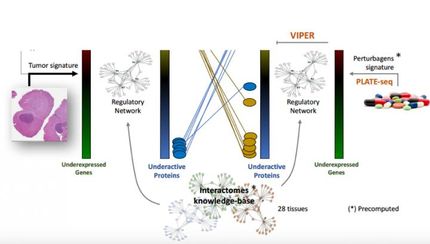S*BIO’s JAK2 Inhibitor SB1518 Granted Orphan Drug Designation by European Commission for the Treatment of Myelofibrosis
Advertisement
S*BIO Pte Ltd announced that the European Commission (EC) has granted Orphan Drug Designation to SB1518, its potent and orally active JAK2 inhibitor for the treatment of primary myelofibrosis (PMF), post-polycythemia vera myelofibrosis (PPV-MF) and postessential thrombocythemia myelofibrosis (PET-MF). SB1518 has also received orphan drug designation from the U.S. food and Drug Administration (FDA) for the treatment of the same disorder.
S*BIO recently reported positive safety and tolerability data from an Australian Phase 1 study in 20 patients treated with SB1518. Results were consistent with the data from SB1518’s U.S. Phase 1 trials in which safety, tolerability and activity in different disease states had been observed. S*BIO is currently in Phase 2 MF trials with SB1518, to further test its safety and efficacy.
“The orphan drug designation strengthens our regulatory strategy for SB1518 and potentially expands our marketing exclusivity in the EU after approval,” said Dr. Jan-Anders Karlsson, CEO of S*BIO. “There is a great unmet medical need in Europe and around the world for an effective and safe treatment of MF and we are confident that SB1518 has the potential to address this need.”
Orphan drug designation in the European Union (EU) is granted to drug candidates intended for the diagnosis, prevention and treatment of diseases that affect no more than five in 10,000 people within the EU and no other therapies exists or where new treatments could offer significant benefit over current therapies. Orphan drug designation for SB1518 will entitle S*BIO to a range of incentives including protocol assistance, reduction in registration fees and eligibility for grants and initiatives supporting research and development related to this orphan designation, both at the European level, and at the level of the member states. For marketing approved products, the orphan drug status grants potential market exclusivity of up to 10 years in the EU.




















































